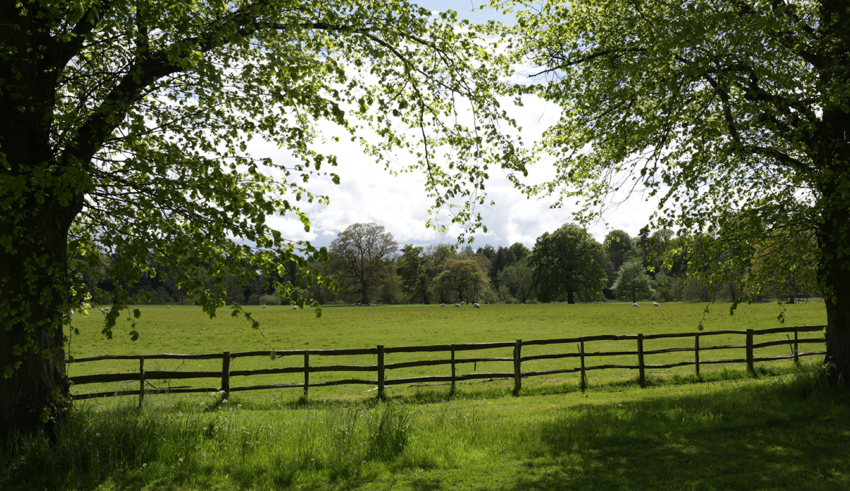AG INSIGHT | 06/04/2023
Strong on Align, more to do on Invest: time for a Transition Plan for Nature

Guy Thompson is Group Sustainability Director at Wessex Water and Managing Director of EnTrade, a not-for-profit Wessex Water business creating and operating high-integrity markets in nature-based solutions.
The updated Green Finance Strategy published by the Government as part of its “Green Day” adopts two pillars of strategic action to unlock green finance:
- ALIGN: setting the regulatory framework to enable the financial services sector to align activity with a pathway to a net zero and nature positive economy; and
- INVEST: mobilising private capital into the sectors and technologies needed to deliver net zero and government’s wider environmental goals.
On Align, there has been huge progress since the original strategy in 2019.
Significant strides are being made on reporting and disclosures. The COVID-19 pandemic saw a spike in the growth and performance of funds aligned with Environmental Social and Governance (ESG) goals. And initiatives like the Taskforce on Climate-related Financial Disclosures (TCFD) are raising awareness of the risks and impacts of businesses on the environment.
For example, at Wessex Water, our investors and lenders reacted positively to our Sustainable Finance Framework, which demonstrates how investment in our business makes a positive impact on the environment and our communities. The market’s response to Wessex Water’s first Sustainability Bond issued earlier this month also showed that positive ESG ratings can help businesses to raise debt finance on more favourable terms.
However, alignment alone won’t drive investment into clean energy, improved water quality, the circular economy and nature recovery. The picture on the “Invest” pillar is less positive.
The Green Finance Strategy assumes that private investment will turn up despite it being hard to see where the Return on Investment will come from for most of the economy. The Broadway Initiative found that access to capital is not the problem for investment in wider environmental goals. Rather, what is lacking is scale, certainty and liquidity. The Financing Nature Recovery UK coalition highlighted that it is the absence of revenues from nature-based environmental services in particular that is impeding scale and certainty.
As the updated Strategy observes, the growth of the offshore wind sector demonstrates that, when the policy framework is right, the UK can be a great environment for attracting private investment in green jobs and growth. The experience of the Renewables Obligation provides a template for the use of a market mechanism and public funding to de-risk private investment in industries of the future. However, the environmental policy and regulatory framework is prescriptive and silo-ed and does not provide long-term investment certainty.
There is a significant finance gap for delivering wider environmental targets such as improving river health and enhancing wildlife. The Nature Markets framework launched alongside the Green Finance Strategy updated is the opportunity to pick up on Financing Nature Recovery UK’s vision for establishing a blueprint in the UY for high-integrity nature-based markets that attract private investment in landscape-scale nature recovery. The Framework sets an important note about the need to establish well-designed, robustly verified markets that incentivise environmentally rich multi-functional use of land and provide companies with trusted sources of nature credits to meet their environmental commitments.
It needs leadership though. The recognition in the Nature Markets Framework of the important role of government in accelerating high-integrity markets is welcome. However, we can’t afford to repeat the experience of voluntary carbon markets in the nature markets space. Nature recovery efforts need to be ramped up immediately if countries are to achieve the stretching targets they signed up to under the Global Biodiversity Framework in Montreal last December. The Transition Plan Taskforce was established to develop the gold standard for private sector climate transition plans and has enabled a whole economy approach to increase financial flows towards Net Zero. We now need the equivalent momentum shift for the delivery of wider environment targets. Time for a Transition Plan Taskforce for Nature.



